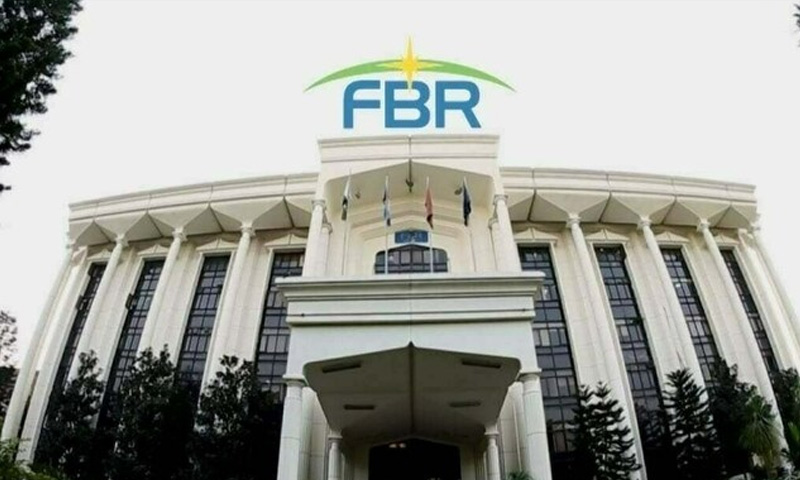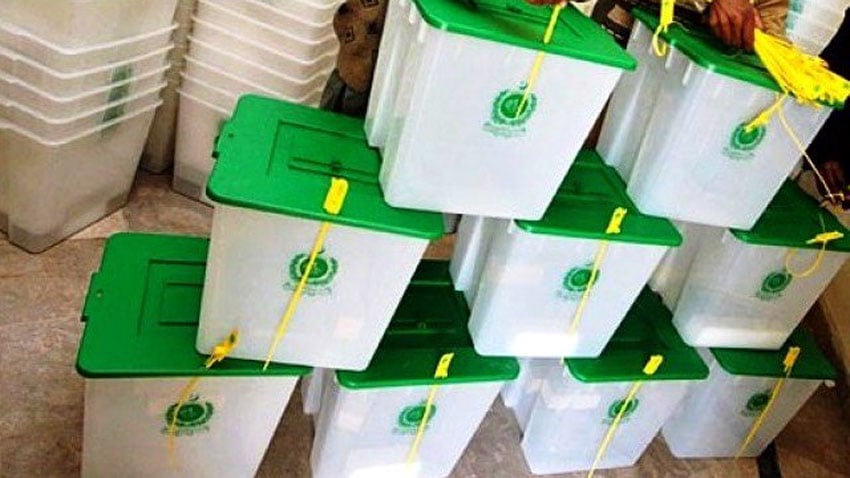- Tanveer Abbas
- 2 Hours ago
PM tasks finance secretary to identify FBR officials delaying TTS
-
- Shahzad Paracha Web Desk
- Apr 28, 2024

ISLAMABAD: Prime Minister Shehbaz Sharif has assigned Finance Secretary Imdad Ullah Bosal the task to identify officials responsible for the delay in implementing the Track and Trace System (TTS) in the Federal Board of Revenue (FBR).
During a cabinet meeting on Friday, the prime minister had expressed dissatisfaction with the report submitted by the Tariq Bajwa-led committee, which failed to identify FBR officials who did not execute the TTS as planned.
According to the sources, the prime minister has instructed his trusted finance secretary to identify those accountable for the project’s poor execution, which has resulted in significant setbacks.
Additionally, the finance secretary was tasked with determining accountability for the failure to integrate the TTS across the entire supply chain.
According to the sources, the FBR has partially implemented the TTS in the sugar, cement, fertilizer and tobacco industries due to the alleged collusion with industrialists.
The Bajwa-led committee, in its findings, did not report any misconduct in the awarding of contracts. However, it did attribute the delays and subpar implementation of the TTS to manufacturers and contractors.
The FBR management is said to have not prioritised this project, failing to take action against manufacturers and even extending deadlines for TTS implementation, sources said.
According to sources, while most local tobacco companies have signed memoranda of understanding (MoUs) with the FBR, they have not installed the system on their production lines. In contrast, multinational tobacco companies have implemented the applicators on their lines.
The FBR entered into a dispute with the consortium over granting numerous concessions related to the import of equipment and plant setup, which deviated from the consortium’s initial proposal, sources said.
Furthermore, the performance of the Inland Revenue Enforcement Network (IREN) squads has been underwhelming. These squads were established to monitor the stamping machines at manufacturers’ premises and to authenticate tax stamps. However, they have failed to seize illegal cigarettes and unstamped bags of sugar, fertilizer, and cement nationwide, according to sources.
Prime Minister Sharif highlighted the FBR’s weak enforcement, including the prevalence of counterfeit stamped goods in the market, during a cabinet meeting on Friday.
Following the prime minister’s announcement of an inquiry, the FBR’s higher management instructed its Regional Tax Offices (RTOs) to launch operations against illegal cigarettes and unstamped sugar and fertilizer bags.
The prime minister also voiced serious concerns regarding the lack of oversight, supervision, and penalties for non-compliant manufacturers, indicating that both the FBR’s track and trace and the IREN squads have failed to halt the unauthorised production of notified goods.
Former FBR chairman Shabbar Zaidi disclosed in a TV interview that his administration faced pressure, particularly from the sugar industry, not to implement the system. He emphasized that the TTS’s success hinges on genuine industry cooperation with the government.
Zaidi further noted that the industry will influence the system’s operation, which is installed at their facilities.
The sources said that the success of the TTS also depends on the government’s support of the FBR, as tax officials are reportedly hesitant to go after businesses of powerful industry players who hold seats in Parliament.
Market analysts emphasised educating the public about the significance of TTS technology and its role in distinguishing between genuine and counterfeit products.
They said that the FBR should consider outsourcing enforcement duties or reassigning them to RTOs, given the ineffective performance of the tax department’s IREN squads in verifying tax stamps.




